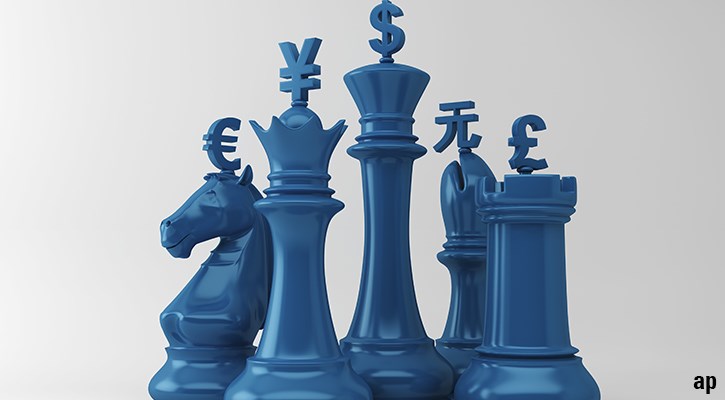Donald Trump being elected President of the United States would have a far bigger effect on global markets than Brexit, according to NN Investment Partners’ chief strategist.
Valentin van Nieuwenhuijzen, who is also head of multi-asset for the Netherlands based asset manager, said today that there was a big difference between a political crisis and a financial crisis.
“Greece leaving the euro and Trump becoming President are far greater threats to stock markets than Britain leaving the EU,” he said.
“In all the political turmoil we have faced in the last few years, it was only when it was conjoined with negative data did events have real impact.”
Van Nieuwenhuijzen said that Europe had been resilient before the Brexit vote, and now it was a case of monitoring the data for contagion risk.
“If negative Brexit sentiment translates to real cost cutting – a drop in both household spending and corporate cap ex then there is a risk of recession in the UK,” he said.
“Trump would have a bigger impact globally because there is a more definite impact. In the UK we don’t even know when article 50 will be triggered. But a Trump election is a Trump President and potentially a shift in the trade agreements between the US and China.”
Challenging Times Ahead – Regardless of Politics
The strategist did admit that today’s market environments were challenging for investors – even if not caused by political uncertainty.
“We are living in unprecedented times,” van Nieuwenhuijzen admitted. “We are experiencing the slowest growth since the Second World War. Inflation, coupled with a disappointing recovery has resulted in depressed expectations. The yields available across assets are very low.”
Van Nieuwenhuijzen said that he was “steering clear” of government bonds as so many were in negative territory, and investors should expect to get next-to-nothing from their bond holdings over the short to medium term.
“Will yields normalise to pre-2008 levels? That is very far away. You can expect portfolio returns of around 3.5% from global equities but bonds will drag you down,” he said.
Investors will have to take on more risk, without the stabilising benefits of bonds and because of this, investors will have to accept greater volatility.
“It is now the job of the investment professionals to tell clients to expect less from their portfolios, especially if they have a static portfolio,” he warned.



























